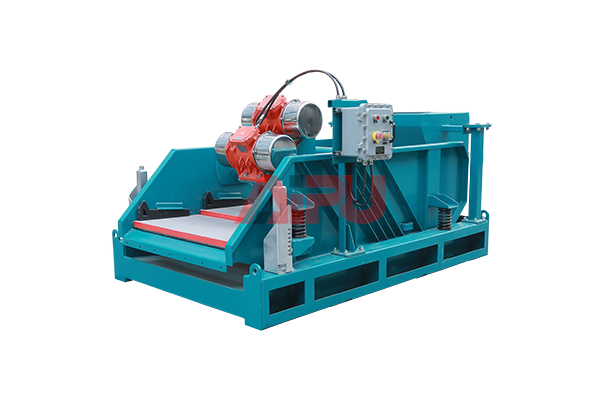Common Problems Related to the Configuration Plan of Solids Control Equipment
Solids control equipment plays a crucial role in drilling operations, ensuring efficient separation and management of drilling fluids. However, improper configuration plans can lead to operational inefficiencies, increased costs, and equipment failures. Understanding these common problems helps in optimizing performance and extending the lifespan of the system.
One frequent issue is the mismatch between equipment capacity and drilling requirements. Overestimating or underestimating the processing capacity can result in either underutilized resources or system overload. For instance, a solids control system designed for small-scale operations may struggle to handle high-volume drilling, leading to frequent breakdowns and reduced efficiency.
Another challenge is the improper sequencing of equipment. The correct order—from shale shakers to centrifuges—ensures optimal solids removal. Deviating from this sequence can cause premature wear on downstream components. For example, placing a desander before a shale shaker may lead to clogging and reduced performance of both units.
Inadequate maintenance planning is also a common oversight. Solids control equipment requires regular cleaning and part replacements to function effectively. Neglecting maintenance schedules can result in unexpected downtime and costly repairs. A well-structured maintenance plan, aligned with operational demands, is essential for long-term reliability.
Integration with other drilling systems often poses difficulties. Poorly designed interfaces between solids control equipment and mud tanks or mixing systems can lead to fluid handling inefficiencies. Ensuring compatibility and seamless integration is critical for smooth operations.
Environmental considerations are frequently overlooked. Disposal of separated solids and treated fluids must comply with regulations. Failure to address these aspects in the configuration plan can result in legal penalties and environmental harm. Proper waste management strategies should be incorporated from the outset.
Energy consumption is another area where problems arise. Inefficient equipment or poorly optimized configurations can lead to excessive power usage, increasing operational costs. Selecting energy-efficient models and optimizing their arrangement can significantly reduce expenses.
Lastly, operator training is often underestimated. Even the best-configured solids control equipment will underperform if operators lack proper training. Comprehensive training programs ensure that personnel can maximize equipment potential and troubleshoot minor issues effectively.

If your project requires solids control equipment, choose Aipu Solids Control, and it will be your best choice.
